The US administration announced Monday new rules that aim to deny permanent residency and citizenship to migrants who receive food stamps, Medicaid and other public welfare.
The new “public charge” rule — set to go into effect October 15 — not only makes it harder for low-income immigrants to come to the country but could mean those who are already here have to choose between forgoing services they need and being forced to leave.
The ruling could impact many of the 22 million non-citizen legal residents of the country, and the estimated 10.5 million unauthorized immigrants, most long-term residents in both groups.
During a news conference announcing the change on Monday, acting Citizenship and Immigration Services (USCIS) Director Ken Cuccinelli characterized it as part of a broader effort to foster more “self-reliance.”
“Through the public charge rule, President Trump’s administration is reinforcing the ideals of self-sufficiency and personal responsibility, ensuring that immigrants are able to support themselves and become successful here in America,” Cuccinelli said.
Many in the U.S view the new rule as anti people, “this is part of the administration’s overall way of governance, which is fear, cruelty, and chaos, said Marielena Hincapie, executive director of the National Immigration Law Center (NILC), the main organization dedicated to defending and advancing the rights of low-income immigrants in the US.
Mareilena dismissed Cuccinelli’s stated rationale as “spin” meant to obfuscate from what she sees as a reality in Trump’s America that “if you are brown and you are an immigrant, you are not welcome here.”








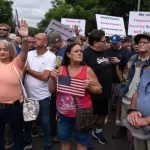



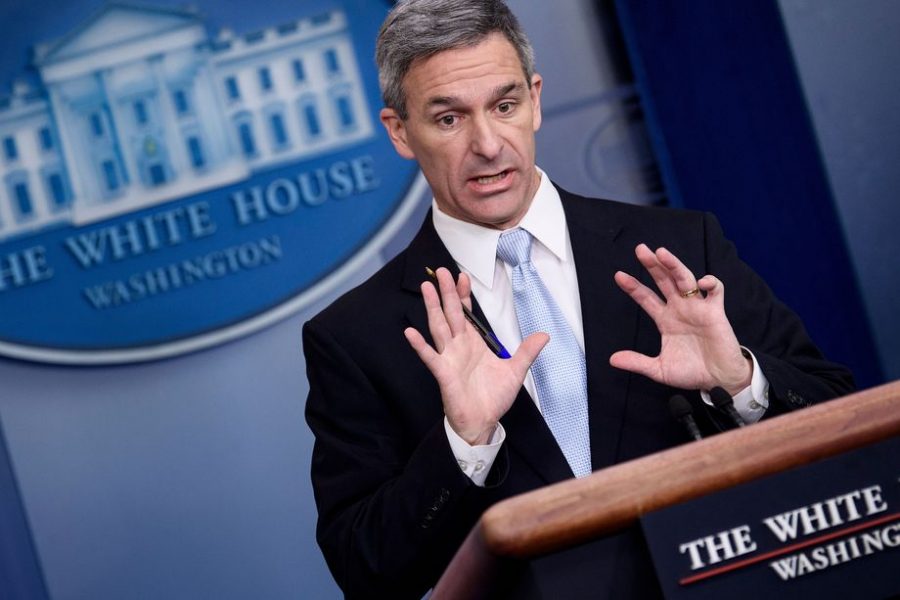





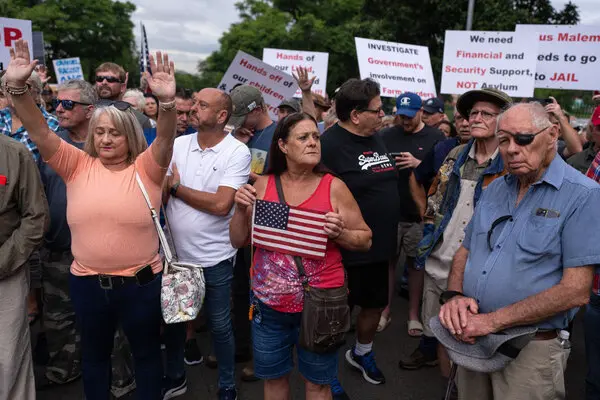



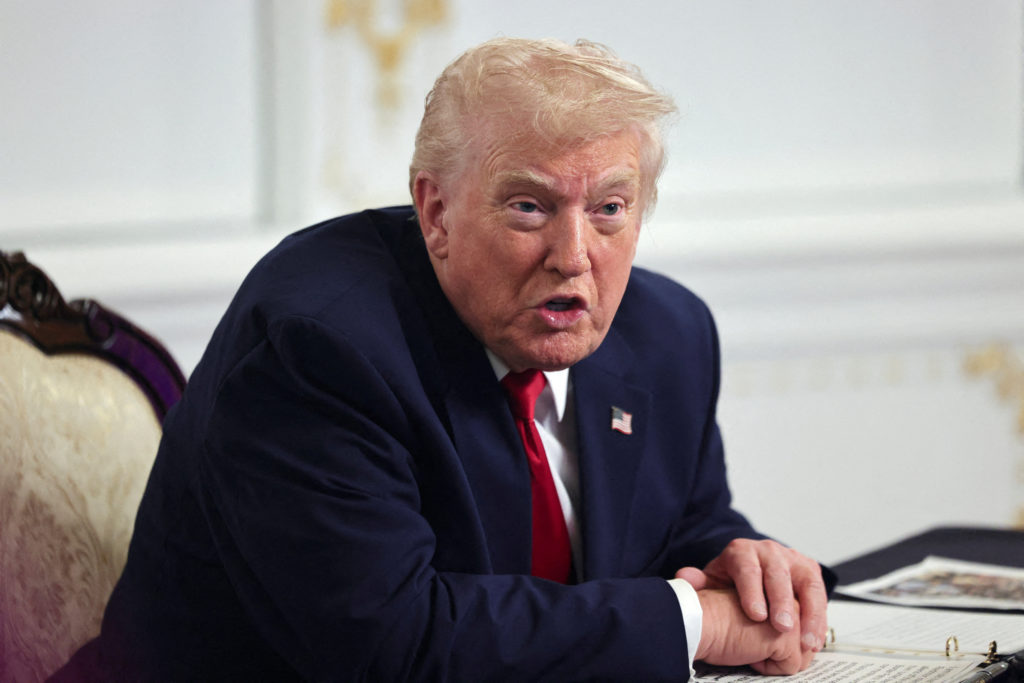
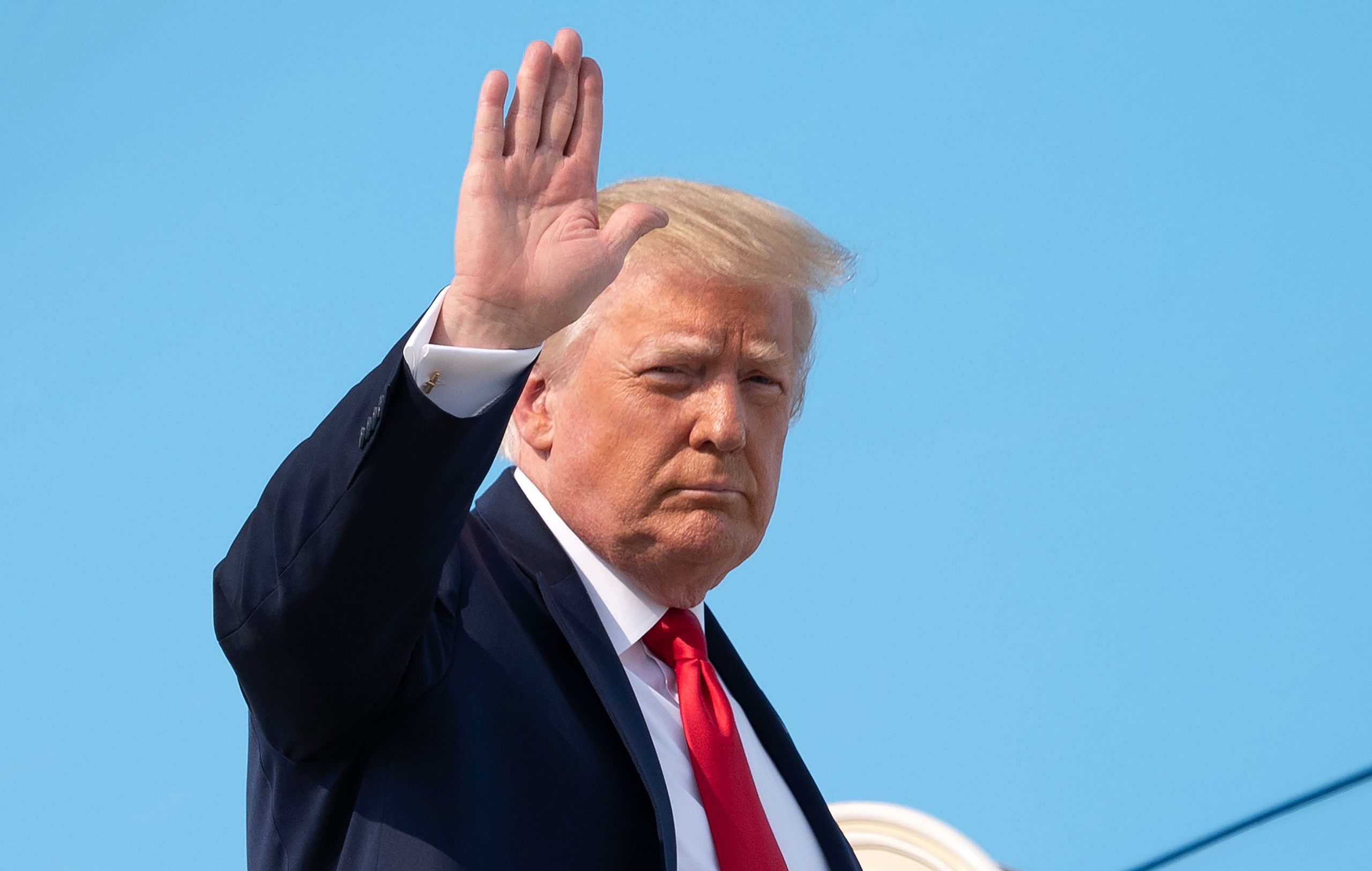

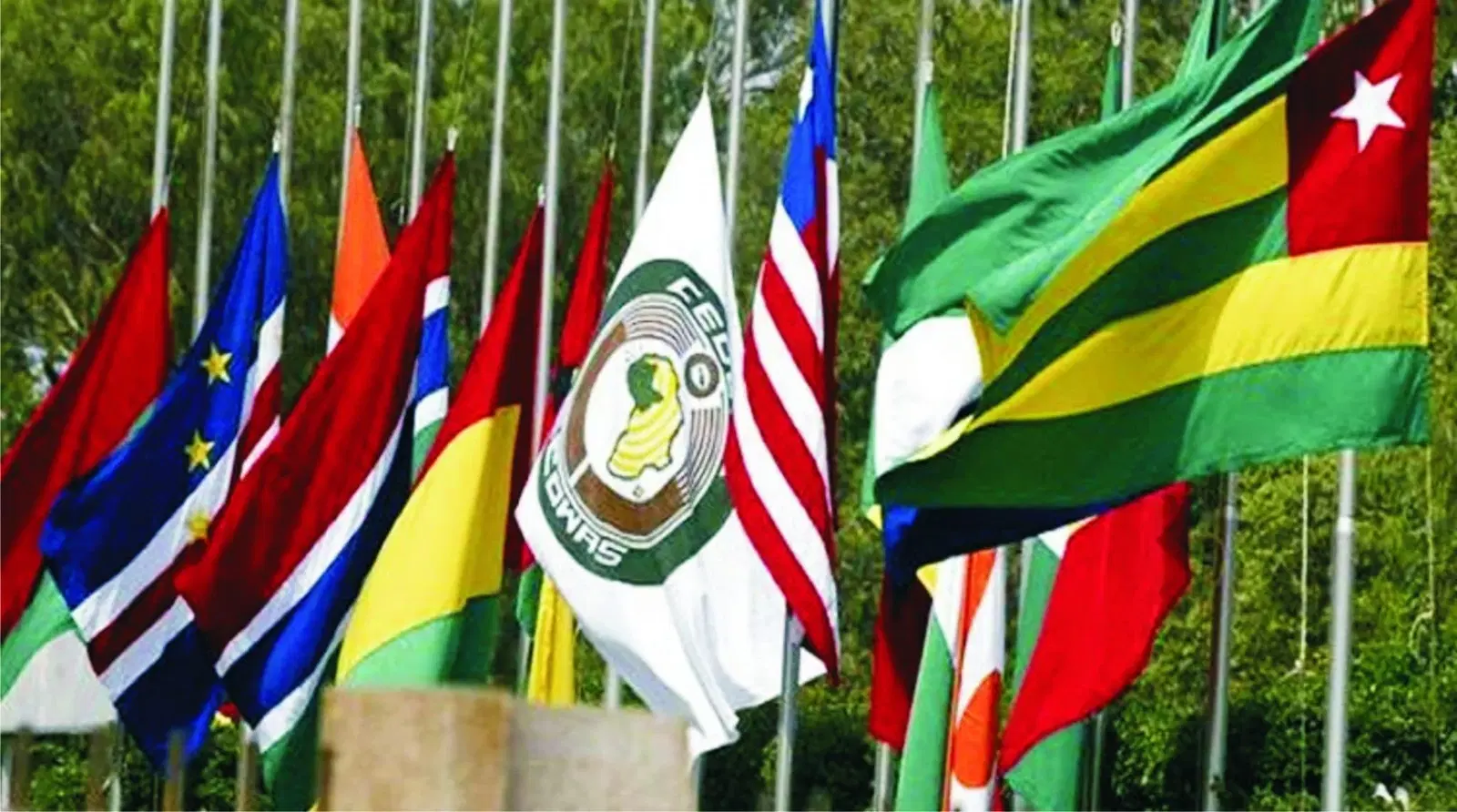


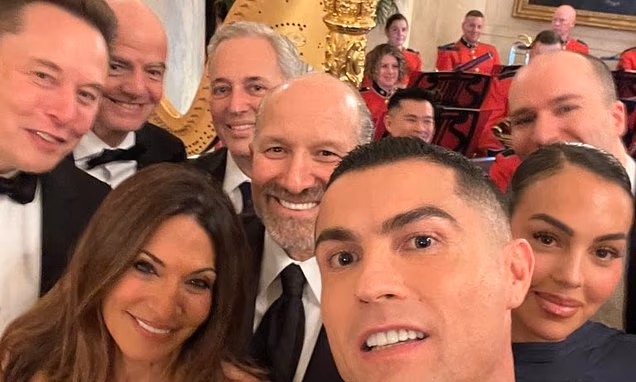
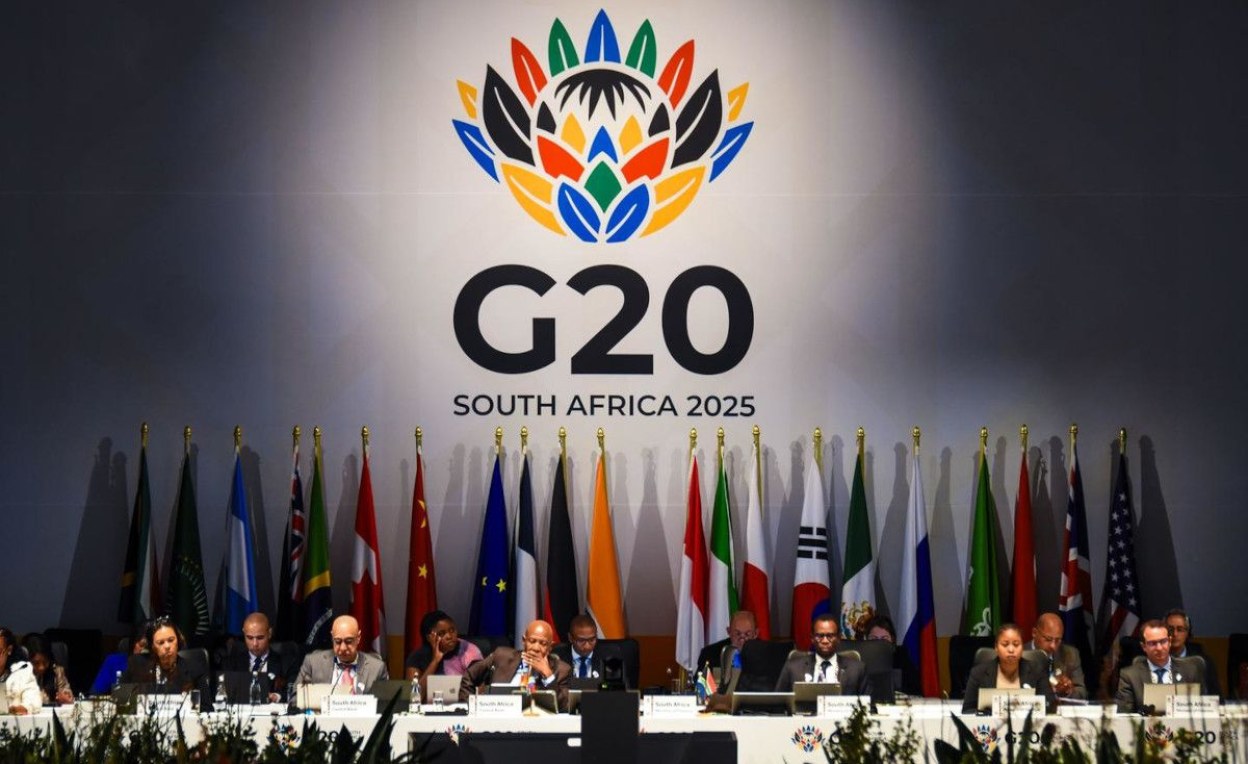

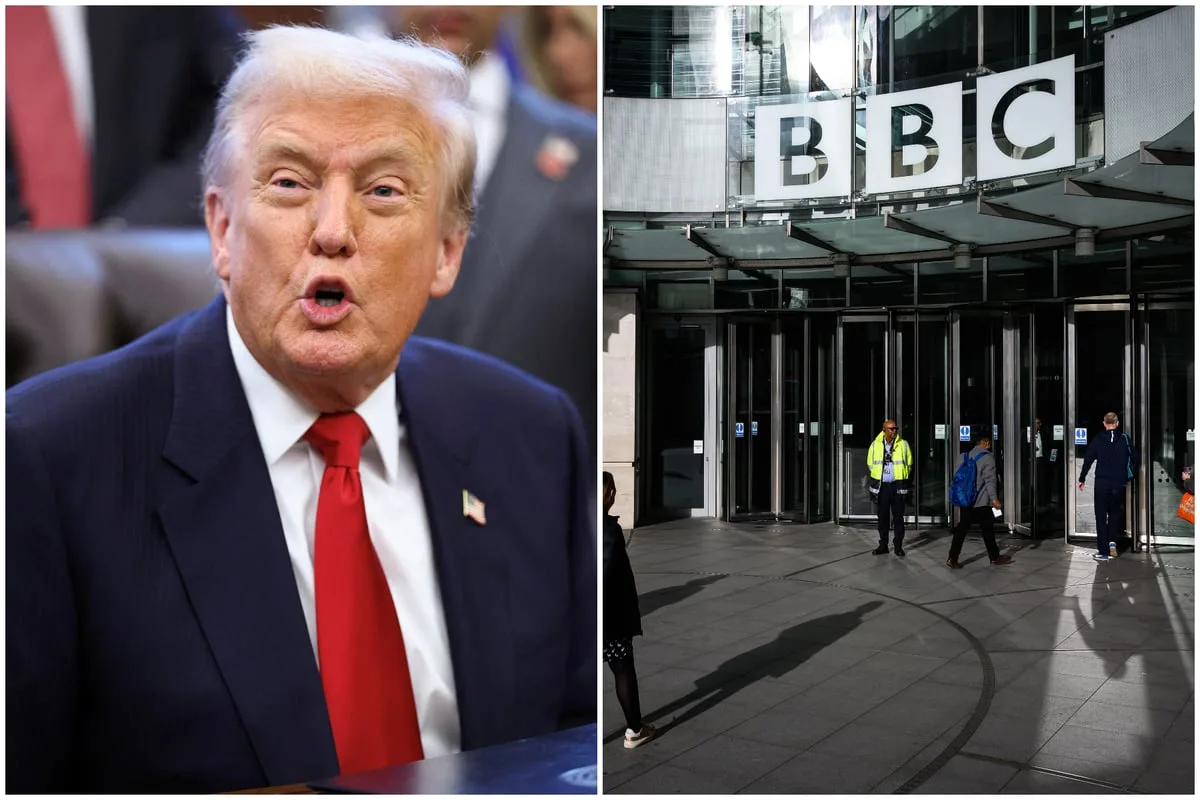

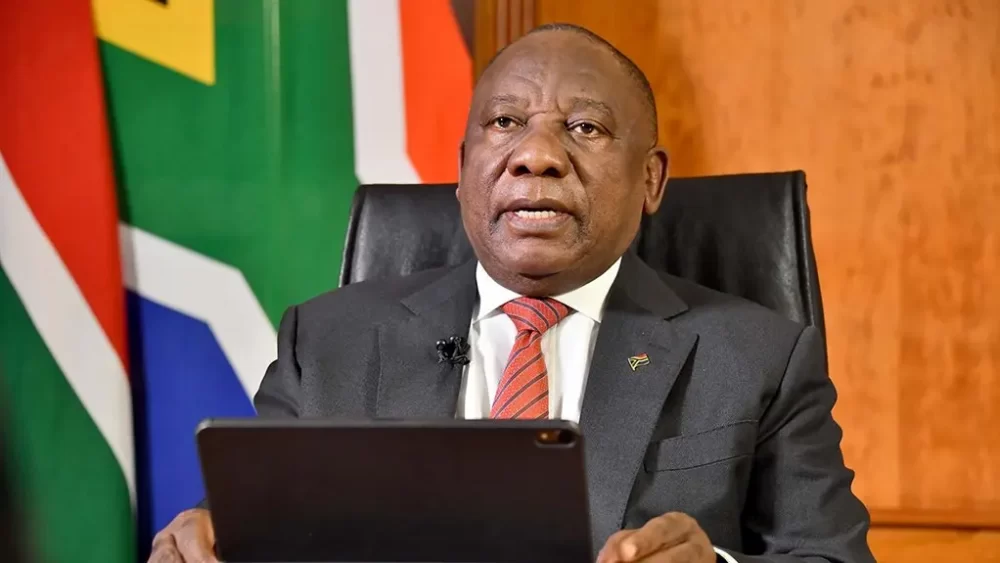
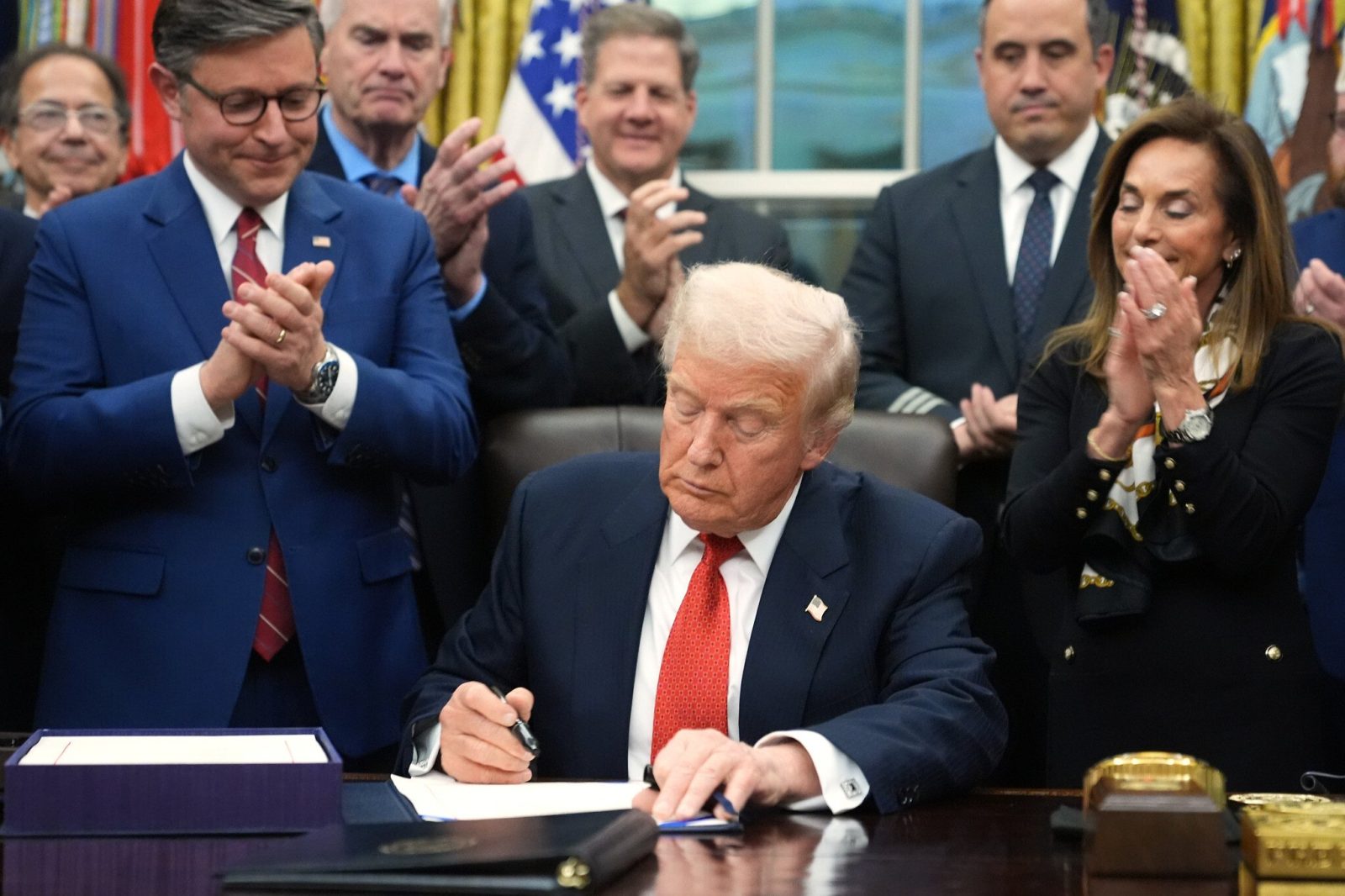
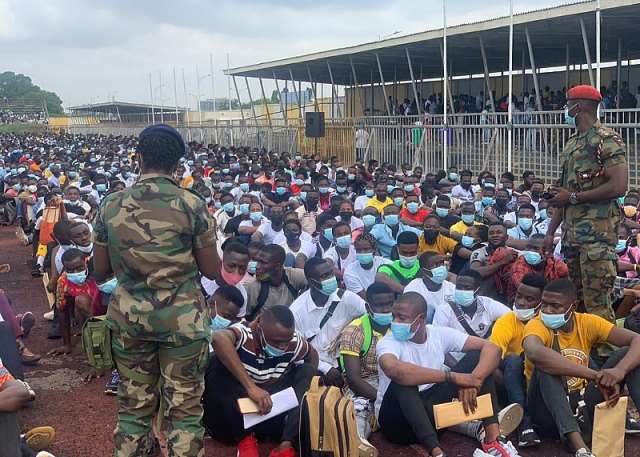
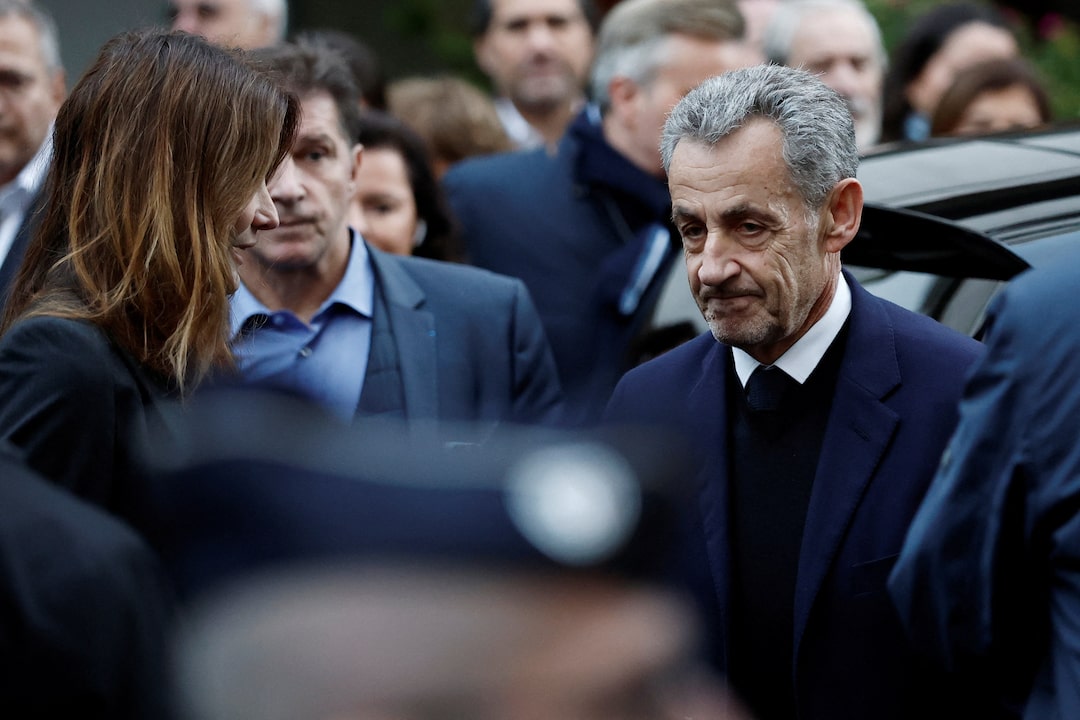
Leave a comment